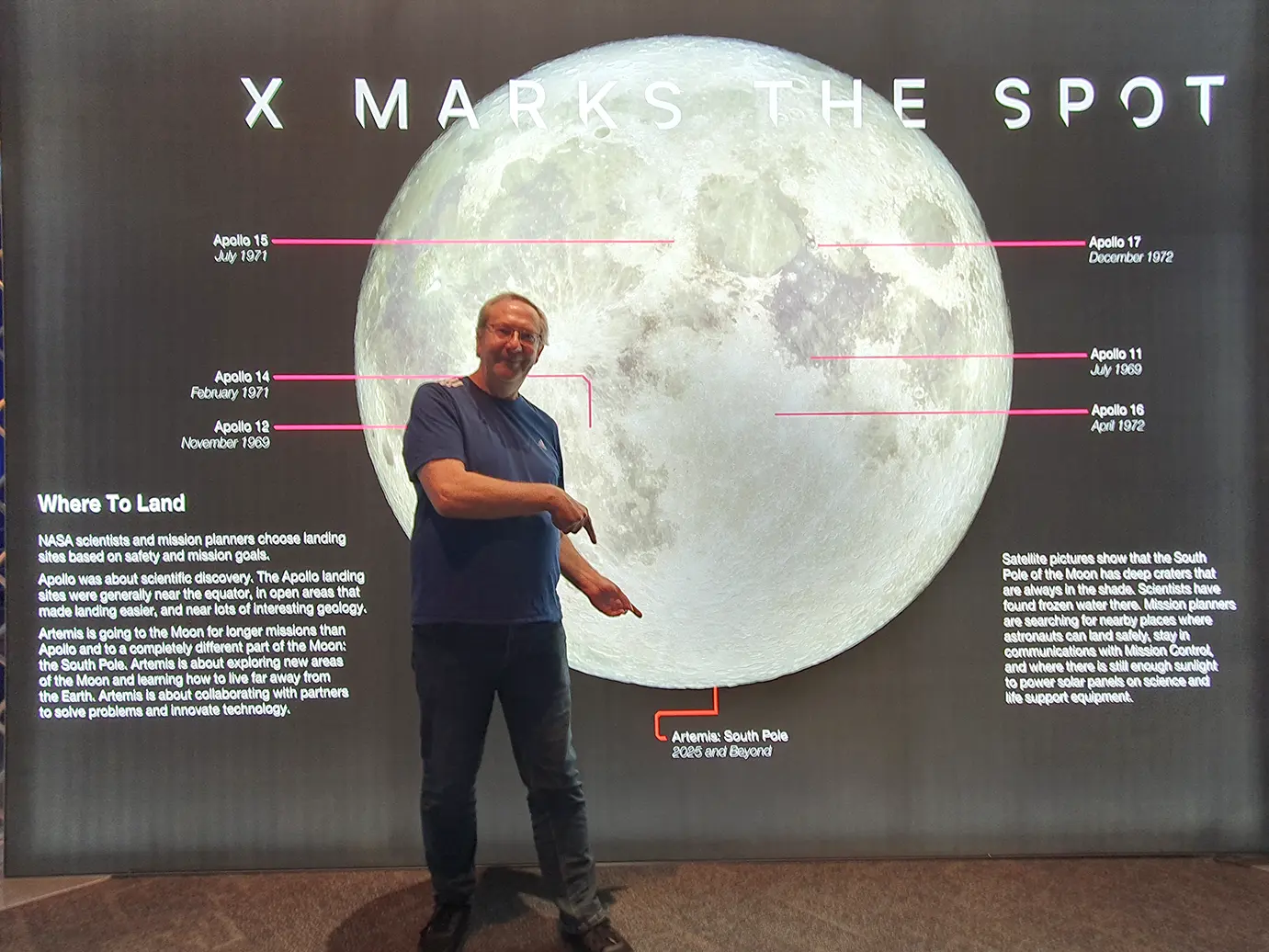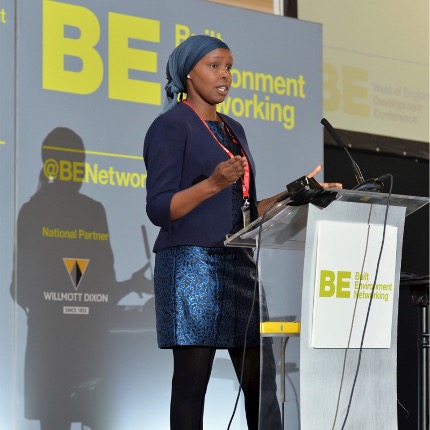About Green Action
Green Action, a UK-based environmental nonprofit, is dedicated to empowering communities in the UK and East Africa to combat climate change and secure sustainable livelihoods.
The Challenge: With the global population to soar from 7 billion to over 9 billion by 2050, ensuring food security amidst climate change is our greatest challenge. Urbanisation and rising incomes are transforming food demand, increasing the strain on our natural and agricultural ecosystems. To meet this demand, global food production must increase by 70%, and in many African countries, it needs to double. In Northeast Kenya, the landscape is so degraded that communities struggle to meet their needs. Climate change, overgrazing, and invasive trees combine to make living in this semi-arid area more difficult year after year. Growing suitable trees, improving soil quality and rehydrating the land can reduce temperatures and create resilient, sustainable communities.
The shrub is particularly difficult to manage because it bears fruit prolifically. Seeds germinate and grow very fast when in contact with moisture. This causes high densities of invasion that easily outcompete other species, shrinking grasslands and croplands.
Green Action Biochar uses biomass from Mathenge removal /management to sequester carbon from the atmosphere, converting it into fertiliser to improve soil quality.
Our Mission: Green Action is on a mission with local communities in East Africa to increase the sustainable production of their lands so they can grow and thrive. We aim to restore forests, improve agricultural practices, repair ecosystems, create sustainable green jobs and restore rural livelihoods. We work with local communities, providing the skills and training needed for long-term tree planting and environmental stewardship.
Get Involved: By partnering with local communities, we aim to alleviate the harsh effects of climate change and foster sustainable development. But we can’t do it alone. We need your support to expand our impact and create a greener, more resilient future.
Take Action Now: Join us in planting trees, supporting sustainable agriculture, and building a better world. Together, we can make a difference. Visit our website to learn more and get involved today!
Richard Thickpenny
Co Founder & CIO

Sado Jirde
Co- Founder and Strategic Director

Nimo Jirde
Co Founder & CFO
As a founder of Green Action Nimo is driven by her personal experiences in Northeast Kenya where landscapes and livelihoods have been ravaged by climate change.

Advisory Board
Chief Counsel
